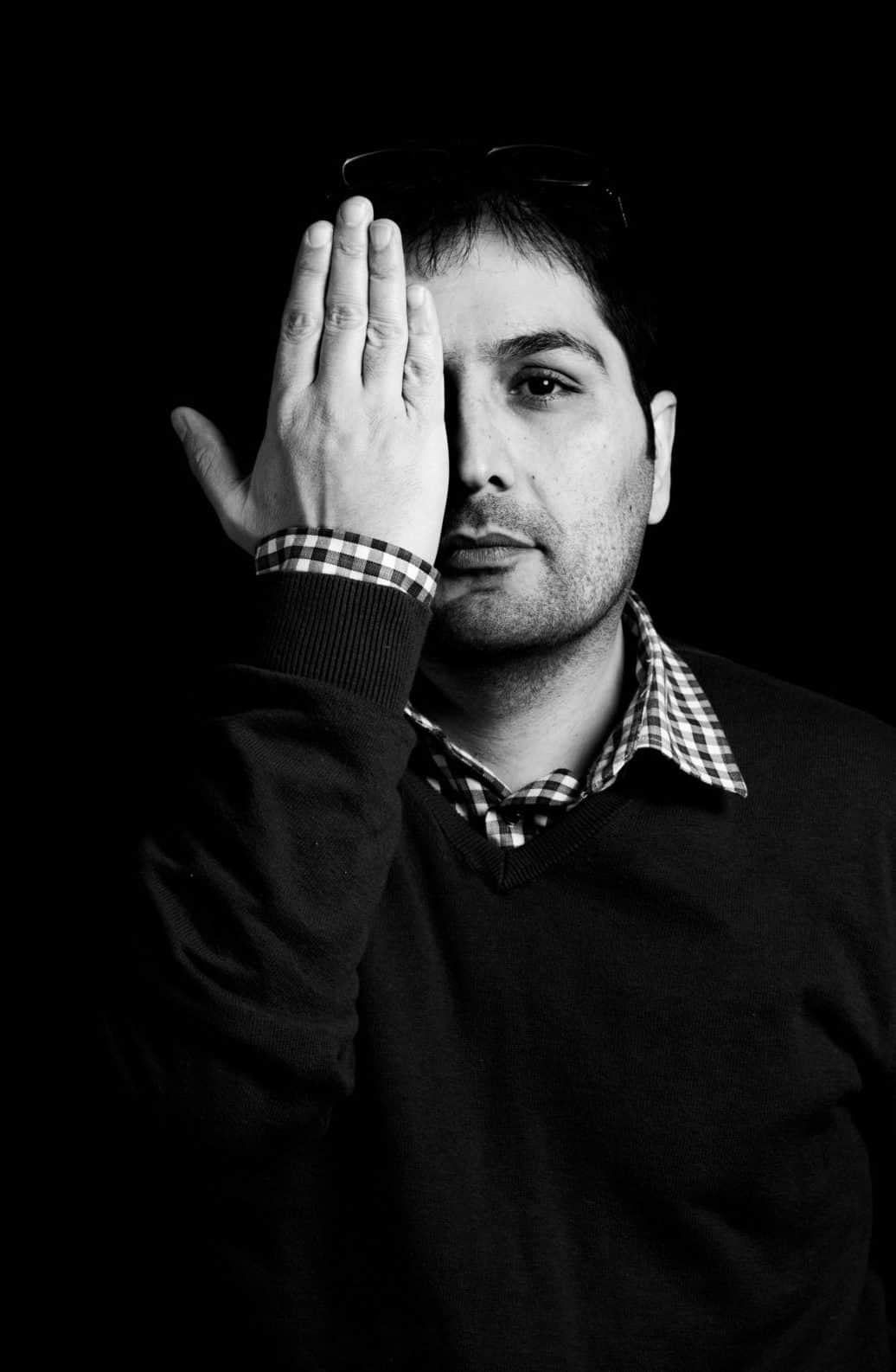
Ali Fatehi is an Iranian film critic, filmmaker, and distributor whose work is rooted in the belief that cinema is more than just an art form—it is a powerful medium for storytelling, resistance, and cultural preservation. For him, filmmaking is not merely about capturing images; it’s about reshaping narratives, challenging dominant perspectives, and opening a dialogue between history and contemporary realities.
His journey spans directing, editing, film criticism, and distribution, all driven by a singular mission: to amplify independent voices that defy industry norms and bring socially and politically resonant stories to global audiences. To fulfill this vision, he founded Raft Films, an international distribution company committed to bridging the gap between independent filmmakers and their audiences. For Fatehi, this is not just a business—it’s a responsibility to support filmmakers whose work might otherwise be sidelined by commercial pressures.
Expanding on this commitment, he launched CineMEast, an initiative dedicated to curating and screening Iranian and Middle Eastern films in major cities around the world. CineMEast is not just about showcasing films—it is about fostering cultural dialogue, preserving cinematic heritage, and creating sustainable opportunities for filmmakers who use cinema as a vehicle for critique and innovation. Through screenings, discussions, and interactive events, CineMEast builds a global network for filmmakers and cinephiles who view cinema as a tool for social change.
Beyond distribution, Fatehi remains deeply involved in filmmaking itself. As a director, cinematographer, and editor, he has collaborated with both emerging talents and established filmmakers on documentaries and narrative films that explore themes of identity, displacement, and resistance. His hands-on experience behind the camera informs his critical perspective, allowing him to analyze films not only as a scholar but also as a practitioner who understands the craft from within.
As a critic, Fatehi goes beyond conventional reviews—he engages with cinema as a reflection of ideology, history, and culture. His writing delves into subjects such as the politics of Iranian New Wave cinema, the aesthetics of war films, the psychology of dream sequences in storytelling, and the power of visual narratives in shaping public discourse. To him, every film is more than entertainment; it is a conversation with history, a mirror of society’s contradictions, and a battleground of ideas.
In addition to filmmaking and criticism, he created Film-Buff, a podcast dedicated to deep film analysis and cinematic discourse. Film-Buff examines cinema not just as an artistic expression but as a living archive of human experiences. From exploring the philosophical dimensions of war cinema to dissecting how storytelling shapes political consciousness, the podcast engages with cinema on multiple levels—treating it as both an intellectual pursuit and a cultural movement.
Fatehi’s journey has never been about commercial success; it has always been about preserving and amplifying artistic expression in a rapidly changing world. Whether through Raft Films, CineMEast, his own filmmaking, or his critical writing, he remains committed to championing independent cinema and ensuring that bold, challenging, and meaningful films find their rightful place in the world. For him, cinema is not just a medium—it is a movement, a dialogue, and a force for change.
